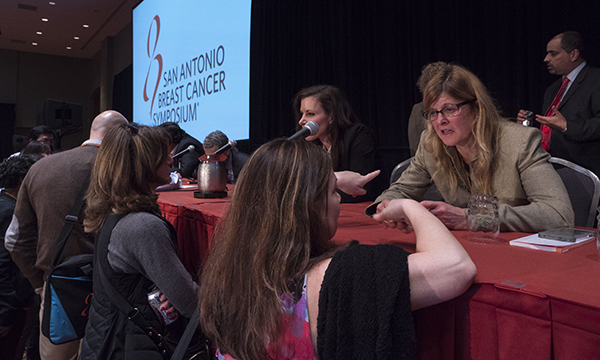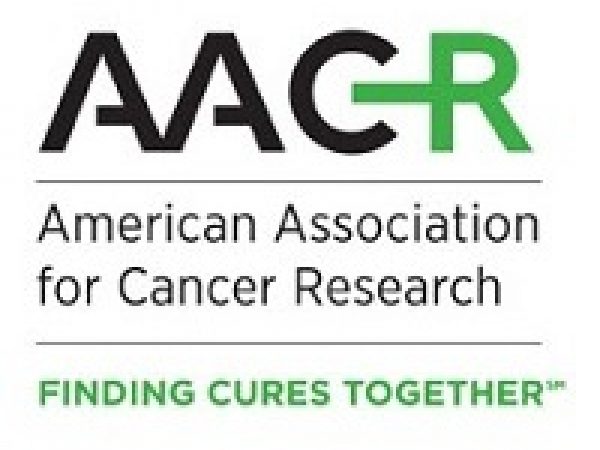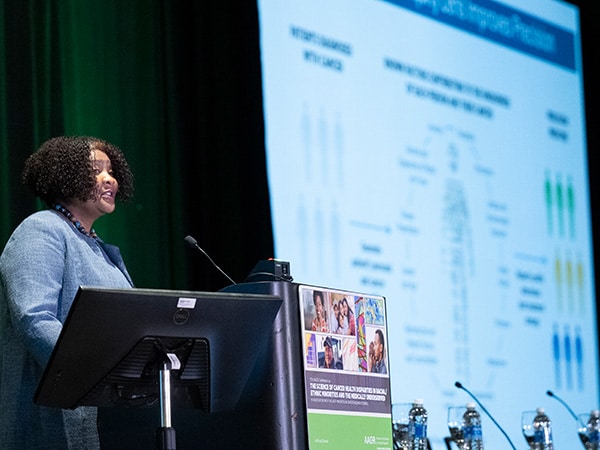SABCS 2015: Attendees From 95 Countries Leave With Latest Breast Cancer Information
With the 38th annual San Antonio Breast Cancer Symposium wrapped up, here are some important findings featured at the meeting, but not covered in this space in the last few days:
- Data from the phase III BELLE-2 clinical trial found that among women with locally advanced or metastatic hormone receptor-positive breast cancer resistant to hormone therapy, those who had a mutated PIK3CA gene detected in their blood benefited from adding the investigational PI3K inhibitor buparlisib to fulvestrant. Patients who received buparlisib plus fulvestrant were 22 percent less likely to have their disease progress, compared with those who received a placebo plus fulvestrant.
- Among patients with estrogen receptor-positive, metastatic breast cancer enrolled in the phase III BOLERO-2 clinical trial, those who had a D538G and/or a Y537S mutation in the estrogen receptor 1 (ESR1) gene, as detected in cell-free DNA obtained from patient blood samples, had significantly worse median overall survival. Exploratory analyses showed that adding the mTOR inhibitor everolimus to exemestane more than doubled progression-free survival for patients who did not have either ESR1 mutation and for those with a D538G mutation.
- As predicted by symposium co-director and breast cancer specialist Carlos L. Arteaga in an earlier post, both trials mentioned above highlighted the importance and benefit of using liquid biopsies, as opposed to invasive procedures, in predicting response to treatments.
- Data from the randomized phase II GeparSixto clinical trial showed that adding carboplatin to presurgery chemotherapy improved disease-free survival for patients with triple-negative breast cancer. Patients who did not have a germline BRCA mutation had better disease-free survival outcomes than those who had the mutations; however, the sample size for this subgroup was small and further investigation is needed, the researchers note.
- Data from the phase Ib JAVELIN solid tumor trial showed that avelumab, an anti-PD-L1 antibody immunotherapy, had an acceptable safety profile and demonstrated clinical activity in some patients with metastatic breast cancer. Preliminary data showed that patients whose tumors or immune cells within their tumors had the protein PD-L1 had improved clinical responses.
Many breast cancer advocates who attended the symposium feel hopeful and optimistic about how far breast cancer research and treatment have come.
Judith Mulder, a 49-year-old breast cancer advocate who traveled from Amsterdam, says, “Patient advocacy is gaining importance in the Netherlands, but it is not as good as it is in the United States. At SABCS I was happy to see, hear and learn a lot of new information from experts that I can use for my work as a patient advocate.”
Mulder, who represents the Breast Cancer Association Netherlands and the Breast Cancer Research Group, says that when she was diagnosed with breast cancer in 1999, there was very little information on breast cancer and no access to the Internet. “I depended on local libraries and read scientific books to try to understand my disease.”
Mulder says she is inspired by hearing about the latest breakthroughs and talks on every aspect of breast cancer research, and by the notion that breast cancer can often be treated more efficiently now with less impact on patients’ lives.
“Participating in the symposium will contribute to my advocacy in the best possible way,” she says.
Natalia Mukhina, a Russian by origin who currently lives in Canada, has endured breast cancer treatments and complications following her diagnosis in 2011. “Nearly a year of my life turned into a desperate fight to get appropriate medical information, psychological support and fair treatment,” she says. Mukhina runs “Medical Correspondent,” a blog in Russian.
“My readers helped me realize that there is still a lot more that needs to be done to ensure that women are adequately informed about breast cancer and get the appropriate emotional support,” says Mukhina, a member of the Association of Health Care Journalists. Attending the symposium “was an excellent chance for me to learn firsthand about cutting-edge achievements.”
This post is adapted from an article on the website of Cancer Today, a quarterly magazine for cancer patients, survivors, and caregivers published by the AACR. Read all of Cancer Today’s SABCS coverage.




